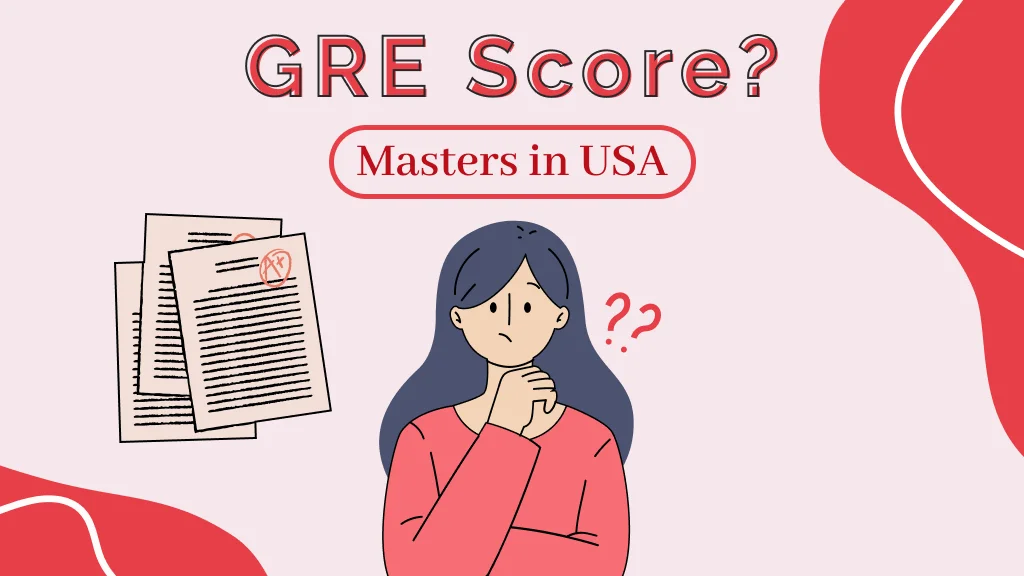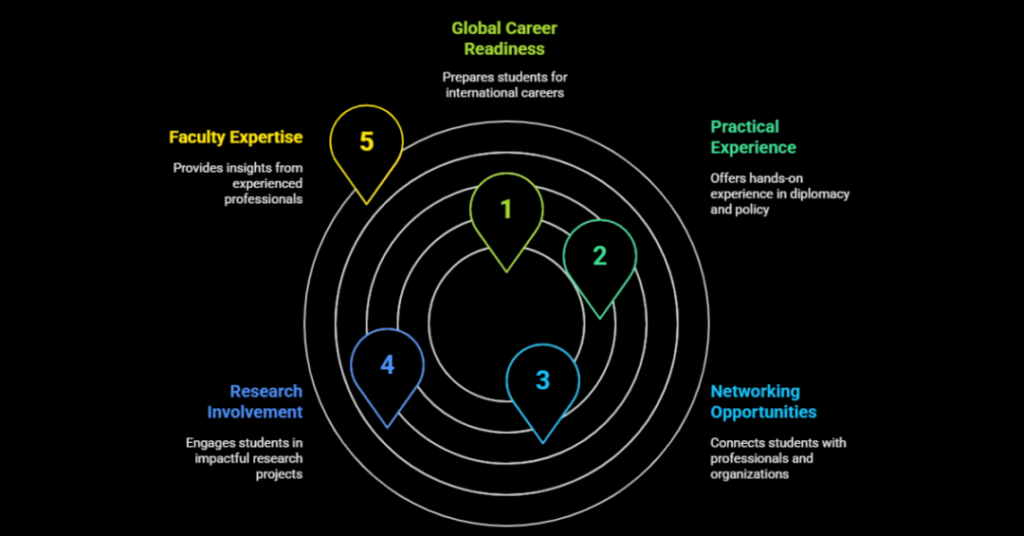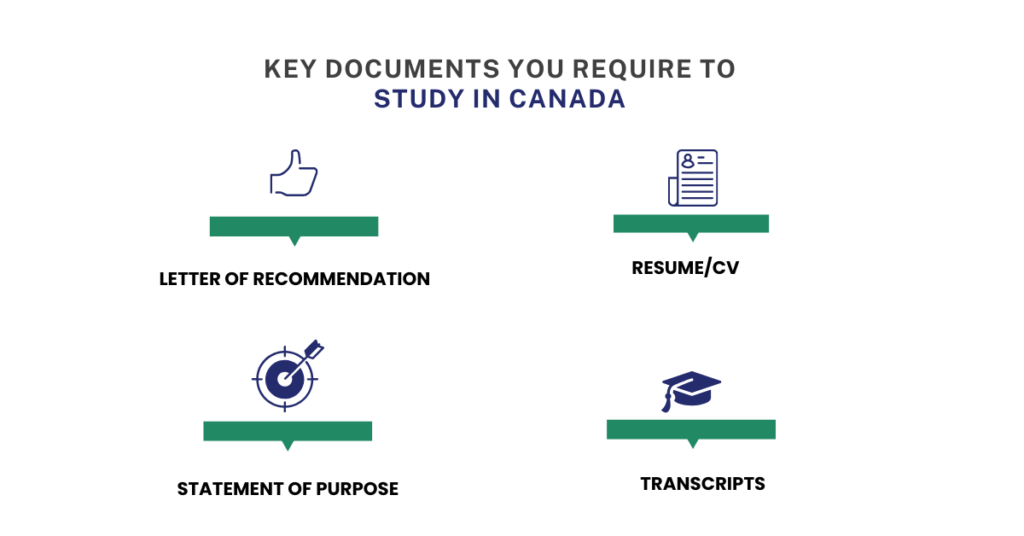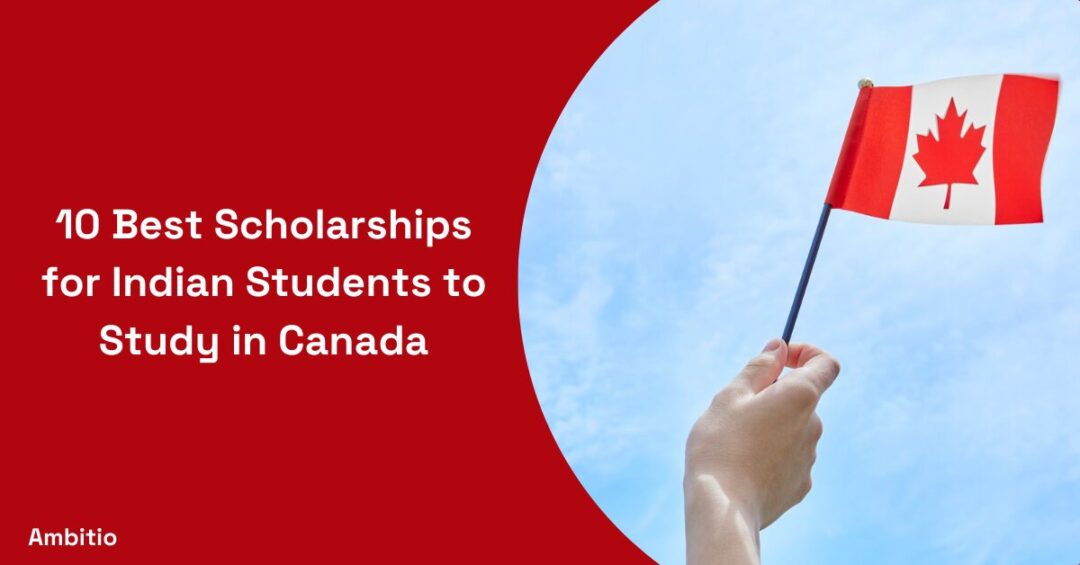25 June 2025
5 minutes read
How To Study Masters In International Relations In Canada As An Indian Student?

Key Takeaways
- International relations studies in Canada open doors to real careers in diplomacy, global policy, and international organizations.
- Over 10,000 students apply each year, but only those with targeted programs and practical exposure stand out.
- Top universities don’t just teach—they connect students with actual work in global governance, conflict resolution, and international law.
Over 10,000 students apply every year to study international relations in Canada, yet most of them have no idea what they’re really signing up for. Everyone’s busy Googling scholarships and tuition fees, but nobody talks about the real headache: understanding which university actually fits your career goals or if you’ll end up stuck in a global governance lecture wondering why you didn’t just study business.
Brutally? If you want a career in IR by 2025, don’t just pick a course — study like someone who actually plans to win. This guide breaks down exactly how to study international relations in Canada—the right way.
Why Study International Relations In Canada?
Everyone and their dog wants to study abroad these days because Instagram made it look cool. But here’s the kicker: Canada doesn’t just offer maple syrup and polite neighbors. It’s a political science powerhouse hiding in plain sight. If you’re aiming to turn that undergraduate or bachelor degree into something that actually gets you hired globally, studying international relations here is probably the best decision you’ll make before you hit 30.

No filters—just real, strategic learning with faculty who’ve actually worked in global diplomacy, not just read about it.
1. Canada Isn’t Just Friendly—It’s a Global Political Player
While you’re scrolling TikTok, Canada’s been quietly shaping UN policies, international peacekeeping, and refugee frameworks. Studying here means learning international relations from a country that’s actually in the game—not one just shouting from the sidelines.
2. Access To Full-Time Research Projects With Global Impact
Unlike many programs where you just write essays for grades, Canadian universities link you to full-time research centers focusing on trade, diplomacy, security, and humanitarian issues. You’re not a student here—you’re a contributor to actual policy-making.
3. Political Science Degrees With Built-In Networking
Think you’re just going to sit in lectures? Nope. Schools here design political science programs with embedded internships at embassies, think tanks, and NGOs. This isn’t theoretical anymore. It’s practical, on-the-ground experience before you even graduate.
4. Faculty That Doesn’t Just Teach—They Advise Governments
In Canada, faculty teaching IR often double as consultants for governments and international organizations. Forget learning theory from textbooks—you’ll hear stories about real-world negotiations happening right now. That’s insider knowledge most undergraduate programs globally can’t give you.
5. Perfect Launchpad For Double Majors
Want to study international relations but keep your options open? Many Canadian universities offer easy pathways to double majors in political science, economics, or even environmental studies. Smart move if you want that bachelor degree to open more doors after graduation.
10 Top Universities For International Relations Degree To Study In Canada
“Name-dropping universities is cute—until you realize half of them don’t even have a proper international relations faculty.” Harsh? Maybe. True? Absolutely. Everyone keeps saying “Go study abroad in Canada!” but forget to mention where you’ll actually get value for your tuition fees. Let’s break it down properly—because if you’re going to invest in a full-time bachelor degree, it better not just look good on LinkedIn—it should pay you back later.
Here’s a clean look at where you should study, what it’ll roughly cost, and what you could expect to earn afterward:
| University | Average Tuition Fees (Per Year) | Average Starting Salary (IR-related roles) |
|---|---|---|
| University of Toronto | CAD $38,000 – $58,000 | CAD $52,000 |
| University of British Columbia (UBC) | CAD $42,000 – $56,000 | CAD $50,000 |
| McGill University | CAD $37,000 – $54,000 | CAD $53,000 |
| Carleton University (NPSIA) | CAD $29,000 – $42,000 | CAD $48,000 |
| University of Ottawa | CAD $30,000 – $45,000 | CAD $46,000 |
| Simon Fraser University | CAD $28,000 – $40,000 | CAD $44,000 |
| Queen’s University | CAD $38,000 – $52,000 | CAD $50,000 |
| York University | CAD $32,000 – $44,000 | CAD $45,000 |
| Dalhousie University | CAD $30,000 – $41,000 | CAD $43,000 |
| Western University | CAD $35,000 – $50,000 | CAD $47,000 |
How To Get Admission In Top Universities In Canada?
The admission office has read 2,000 versions of that last week. If you want that international relations degree in Canada to mean something by 2025, you need to play the admission game smarter. The good news? I’ll show you how people really get accepted into programs like international relations and development studies or that shiny phD degree at the University of Toronto. And no—Googling “best universities in canada” alone won’t cut it.

Here’s the playbook:
1. Choose The Right Relations Program—Not Just The Most Famous
Everyone flocks to U of T or UBC—but here’s the twist: universities like University of Windsor or McMaster University offer specialized international studies programs in global development, international political economy, and even conflict studies that are way more targeted for careers in foreign affairs. Research programmes in international relations beyond the headlines.
2. Focus On Interdisciplinary Strength—It’s What Schools Actually Want
Admissions don’t just care about your passion for foreign affairs or human rights. They want to see how you link that with geography, public policy, or international security. Show them how your ba isn’t just about politics but fits into an interdisciplinary international system approach.
3. Nail The Entry Requirements—It’s Not Just GPA
Yes, your GPA matter. But for relations in canada in 2025, universities are paying close attention to leadership roles, global development studies involvement, or even internships in conflict resolution. If you haven’t done it yet, start volunteering now.
4. Mention Contemporary Global Challenges—No Generic Essays Allowed
When applying, reference contemporary world politics, globalisation, international security, or international law. Be that applicant who actually knows how policy advisors shape foreign affairs today—not one who’s just dreaming about working for the UN someday.
5. Don’t Ignore Flexible Learning Options—It Shows Maturity
Want to impress admissions? Mention that you’re considering studying online, part-time, or hybrid formats to accommodate research, internships, or higher education goals. Show them you’re not here just for a degree—you want a flexible study environment that actually prepares you for a rewarding career.
6. Ask For Financial Aid—It’s Not Embarrassing, It’s Smart
Top universities in canada like University of Waterloo or schools in British Columbia have accessible funding options for international relations programs. Mention your awareness of financial aid or degrees on our portal including diplomacy programs. Schools love candidates who know how to plan their education financially.
Conclusion
Masters in international relations in Canada isn’t about chasing degrees for the sake of it—it’s about placing yourself right where the action is in global international affairs. If you’re serious about building a career that goes beyond lectures and leads into real policy rooms, Canada’s universities give you that edge. Don’t just collect certificates—learn how to move globally, work internationally, and think like someone who belongs in those conversations shaping the world next.
To get into a top Canadian university, you need more than just good grades—you need a game plan. Ambitio’s AI-powered platform and expert consultants guide you through every step, from choosing the right university to securing study permits and work opportunities. No guesswork, no wasted time—just a clear, structured path to studying in Canada. If you’re ready to make studying in Canada a reality, Ambitio is your best bet.
FAQs
How long does a Master’s degree in Canada usually take?
Typically, a Master’s degree takes 1 to 2 years to complete depending on the program and university
What are the academic requirements for admission to a Master’s program in Canada?
A four-year bachelor’s degree is generally required. Some programs may also value work experience or require specific prerequisites
Is English language proficiency required?
Yes, international students must demonstrate English proficiency, usually through IELTS (minimum 6.5) or TOEFL scores. Some programs also offer English language courses
Can I study in French in Canada?
Yes, some programs in Quebec and other provinces are offered in French, but proof of French proficiency (e.g., TEF or TCF) is required
Can international students work while studying?
Yes, students can work up to 20 hours per week during semesters and full-time during scheduled breaks
How long does it take to get a study permit for Canada?
It usually takes 28 days or more to obtain a study permit after application.

You can study at top universities worldwide!
Get expert tips and tricks to get into top universities with a free expert session.
Book Your Free 30-Minute Session Now! Book a call now




























